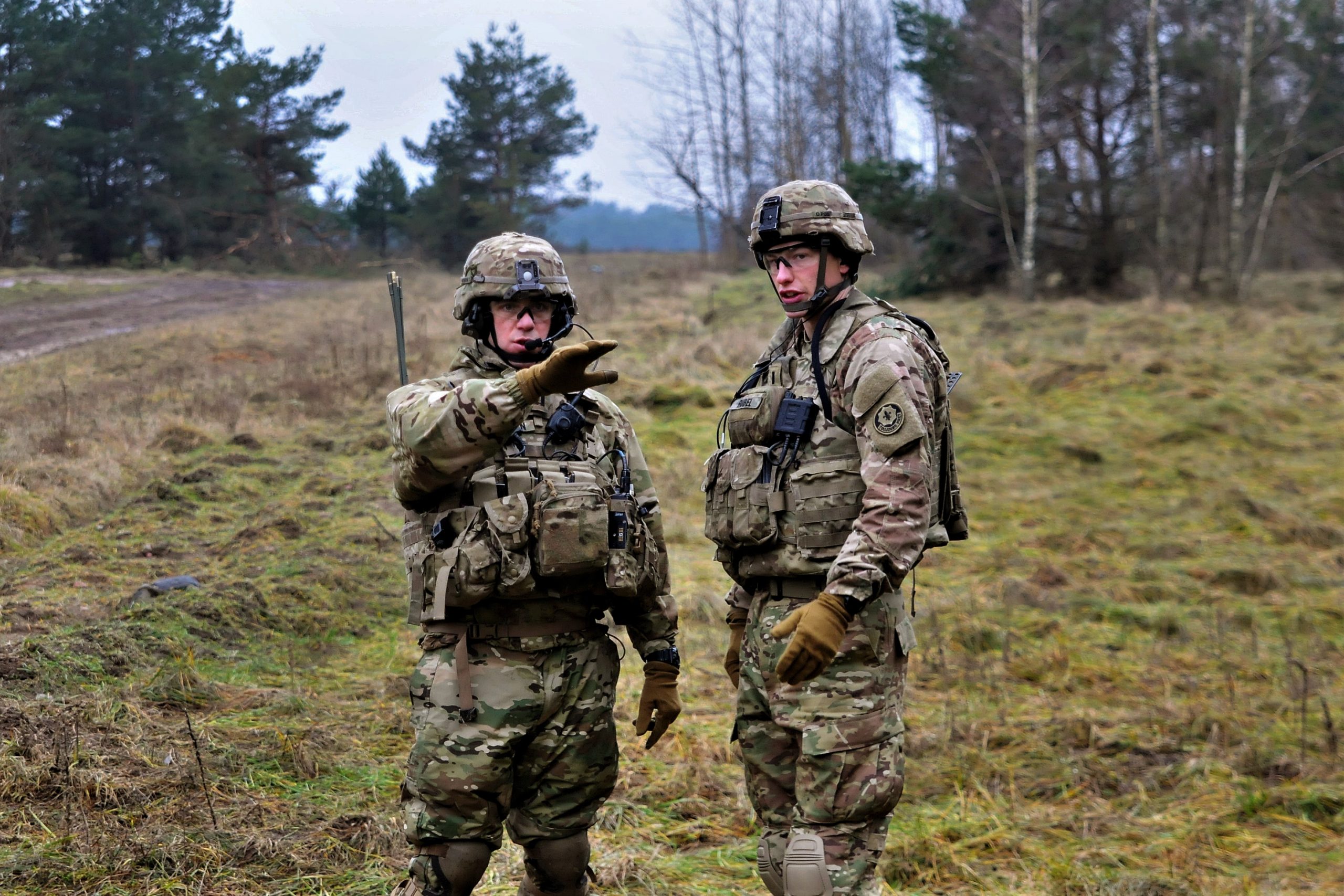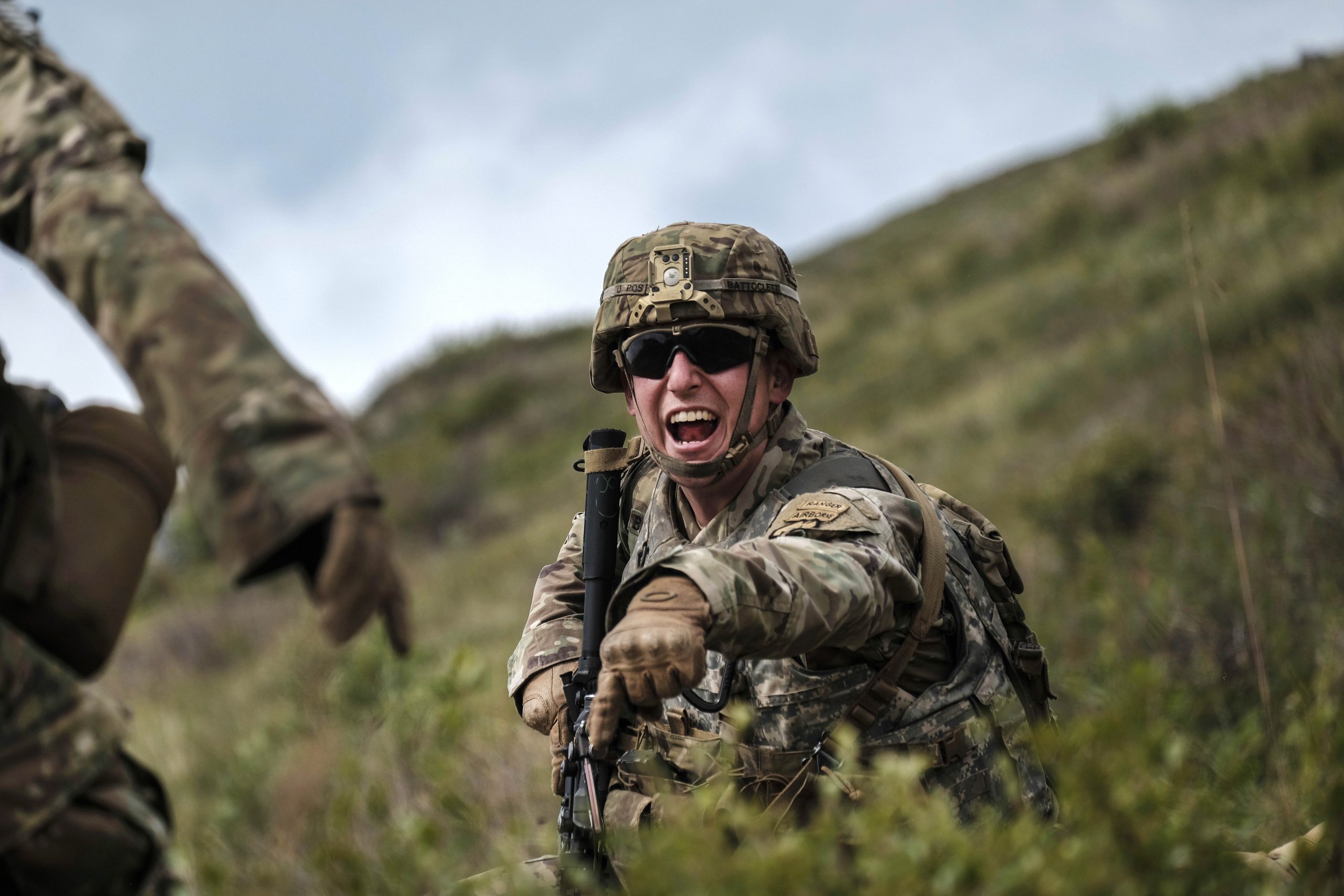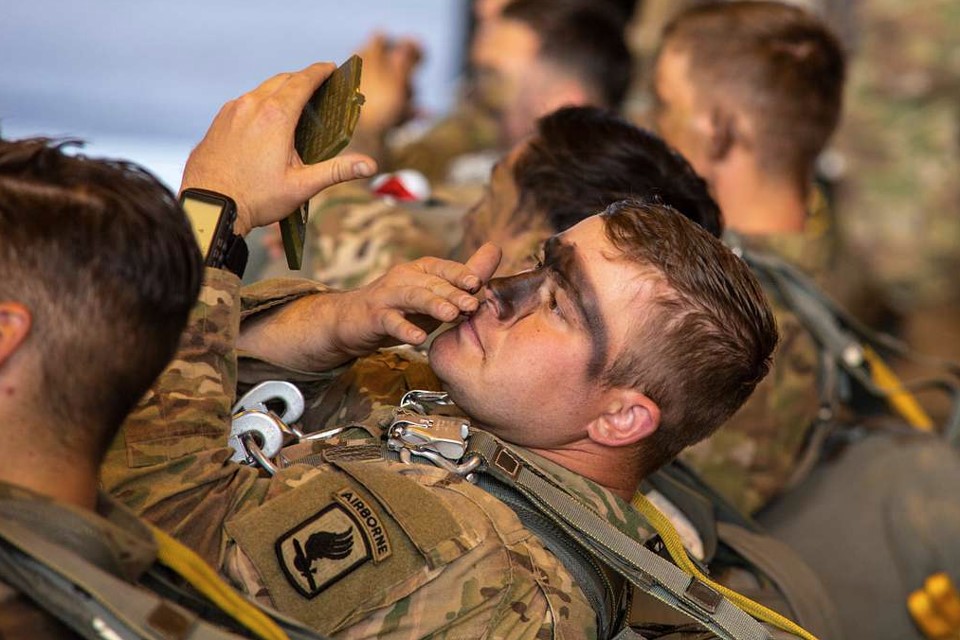The Importance of Cross-X Mentorship

As we reflect on the unfortunate events that have occurred in our country within the last year, there is no doubt that right now is a very tough, complicated, and uncomfortable time to be a leader. During these trying times, it is important for Junior Officers to seek self-improvement and growth in order to help the Army and our country move toward positive change. One of the things I have learned recently is the importance of having empathy for others that might not have the same views as you. Cross-X mentorship can help you learn from people that come from different backgrounds.
The Army describes mentorship as a voluntary relationship that is characterized by mutual trust and respect [1]. Hearing the perspective of someone you truly respect and trust, even if it does not match your viewpoint, allows you to be receptive to understanding how others may view the world. If you feel that everyone should think and feel the same as you do when it comes to politics, racial injustice, or new policies within the Army, then you run the risk of becoming a close-minded leader who makes decisions that can negatively impact the organization, morale, and culture. Having a mentor who does not share the same race, gender, or creed as you will help you understand different perspectives, allowing you to be a more inclusive leader.
Cross-Racial Mentorship
Project Inclusion promotes and improves diversity, equity, and inclusion across the Army. As we scroll our social media applications, you can see how divided the country is when it comes to the topic of racial injustice or support towards law enforcement. Leaders who continue to post their one-sided viewpoint on social media could use a mentor who does not share the same opinions as them. We have Soldiers in our formations who are hurt by events such as the George Floyd shooting and having a mentor explain to you why people are hurting, will allow you to gain more empathy towards the situation. Once you have empathy and perspective, you will be able to think of ways to create a more inclusive culture for your organization.
Cross-Gender Mentorship
Cross-gender mentoring is not a new concept and has been studied as early as the 1980s [2]. This type of Cross-X mentorship is especially important for male leaders. I never thought about this until I attended ROTC Cadet Summer Training in 2016 for branch orientation. A female LTC asked if I had a female mentor. At the time I did not. I eventually did find a female mentor and it has definitely helped me understand things that I normally do not think about as a male leader. As LTC Crosby stated in her recent From The Green Notebook article, people can learn a diverse set of leadership perspectives from female leaders. This holds true for cross-gender mentorship as well and I am very lucky to have a female mentor who provides me with a different perspective on inclusive leadership.
CJO also has an article specifically devoted to cross-gender mentoring.
Cross-Creed Mentorship
Officers and NCOs have different oaths and different creeds. However, there are things that Officers can learn from NCOs and vice versa. Everyone has their piece in the puzzle and understanding the role of a NCO will help you lead and know what you must expect of your Soldiers. I am lucky to be the son of a retired Command Sergeant Major, however, I still have a few other NCO mentors, one of them being the CSM of the Division that I served as an aide-de-camp for. He continues to push me to expand my brain through reading and always emphasizes the importance of providing my past and present NCOs with the same opportunities that the Officer Corps has. The Army University Press’ recently published on the NCO’s role in developing Junior Officers made very good points about senior NCOs developing Junior Officers at a technical, tactical, and even personal levels. Having a NCO mentor will help you ensure you remain tactically proficient as well as understand how decisions can affect the enlisted ranks.
Cross-X Mentorship
Cross-X mentorship is not limited to the three discussed in this article. Having a mentor from a different military service, Army branch, component, or anything else you can think of will help you grow as a leader through perspective. As an Active Guard Reserve (AGR) Officer, it is easy to forget the challenges that our Troop Program Unit (TPU) Soldiers go through managing their civilian and Army careers. Having a TPU Logistics Officer take the time to develop me daily, has definitely allowed me to see things from a different point of view.
Perspective helps you become open-minded, which can then allow you to be an effective leader that can lead an organization through the social challenges we are currently going through in our country. I challenge everyone to find a mentor who does not look like them.
———
Lorenzo Llorente II is an Active Guard Reserve (AGR) Officer for the Army Reserve and is currently serving as the G-33 Operations Officer for the 7th Mission Support Command in Kaiserslautern, Germany. He commissioned from the California State University, Fresno ROTC program and has served as a Platoon Leader, Aide-De-Camp, and Company Commander. The views expressed are his own and do not reflect those of the DoD, US Army, or 7th Mission Support Command.
———
[1] ADP 6-22. https://armypubs.army.mil/epubs/DR_pubs/DR_a/pdf/web/ARN20039_ADP%206-22%20C1%20FINAL%20WEB.pdf
[2] Raggins, B., McFarlin, D. (1989). Mentor Roles: An Investigation of Cross-Gender Mentoring Relationships. Academy of Management Best Papers Proceedings. p58-62. 5p. 2 Charts, 1 Graph.
Related Posts

“Being All You Can Be” with the Army Coaching Program
The Army Coaching Program offers a critical, but underutilized, advantage in maintaining the Army’s enduring competitive leadership advantage.

Whatcha Gonna Do PL?
Being a junior officer is very much about learning. But just because you’re junior, doesn’t mean you don’t know anything.

Leadership Camouflage – CSA Article of January 2025
The most effective leaders understand how to change their wardrobe to fit the environment they serve. Today’s leaders must wear camouflage.
